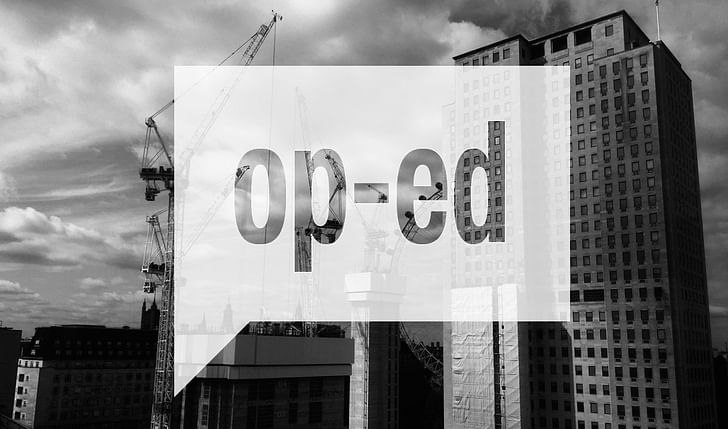

In a previous article I wrote about the Brexit referendum, I concluded by saying it could be the crowning achievement of a long and glorious reign for Elizabeth II. I would like to be clear: I voted to remain in the European Union.
I was largely trying to convince myself and to reassure people in our office. On the whole, I think the EU is a good thing, but it does need to be fixed and what we have voted for is to fix the relationship by being outside—and it still remains to be seen how it’s going to be done. We need to be specific and stop the talk about hard or soft Brexit—which means different things to different people and nothing to most.
The rhetoric that’s coming out of François Hollande, Angela Merkel and Donald Tusk shows their anxiety that other countries will want a similar deal. I think what we need to foster is a mutual respect; they should accept our position and the outcome of the referendum.
We need to have faith in ourselves and trust that we can negotiate good agreementsThere are two big issues: one is freedom of trade and the other is immigration. My view as an employer who goes to all the degree shows in London is that I want to take on the best. 40% of our office is from the EU, but if I want to take on somebody from Korea or China, it’s very difficult. I really can’t see why we shouldn’t be able to choose the best in the world, not just the best in Europe. If I want to take on a graduate who has come to the UK to study at the Bartlett, who has received the finest education in architecture, who would like to stay here, and I want to employ them, then I should be able to offer them a job. People’s worries are unfounded about newcomers claiming social security or being a charge on the National Health Service—the two don’t have to go hand in hand. There are calm and orderly ways of dealing with these issues.
The same with trade. There is too much rhetoric and name-calling. We need to have faith in ourselves and trust that we can negotiate good agreements with Germany and others we want to trade with—and who in turn want to trade with us. The UK needs to produce exemplary goods and services and then countries will want to trade with us. If a new BMW or Miele washing machine suddenly costs 18% more because of trade tariffs, there are other options from the UK, Korea or Japan. The world is a big place.
I think many people voted for a sense of Churchillian optimism.I was disappointed by the Guardian and the Observer’s reaction to the vote, opinions that I would have usually valued. They likened it to a vote for ignorance, for racism and for prejudice, and whereas there might have been some of that in a minority, I think many people voted for a sense of Churchillian optimism. Anyone who spends time outside of London can see that it is a relationship that isn’t working. Now is the time to renegotiate. Since the referendum, Weston Williamson has won substantial work in Egypt, Dubai and Australia. I’ve spent some time there setting up the projects and I am reassured that there are numerous exciting opportunities in many countries. We have been able to set up a company in Australia and we’ve been able to obtain visas for people who want to go and work there. It’s a fantastic opportunity and we should be able to offer the same opportunities to people who want to come to work with us.
If we are going to stand alone, we are going to need the best in the world. The best scientists, architects and engineers. If we are leading with our goods and services then we won’t have a problem with Brexit. The markets react badly to uncertainty and the fall in the pound is a concern. But Tony Benn used to say that rather than the BBC telling us every hour how the stock market was doing—which is largely an irrelevance in most people’s lives (and one reason why we voted as we did)—a better indication of the state of the nation would be to publish the waiting list times for hip operations or cataracts. Not a bad suggestion.
Chris formed Weston Williamson with Andrew Weston in 1985 having previously worked in New York with Welton Becket and with Sir Michael Hopkins in London. Chris has taught at the DeMontford University and at the University of North London. Chris is currently a visiting professor at East London ...
No Comments
Block this user
Are you sure you want to block this user and hide all related comments throughout the site?
Archinect
This is your first comment on Archinect. Your comment will be visible once approved.